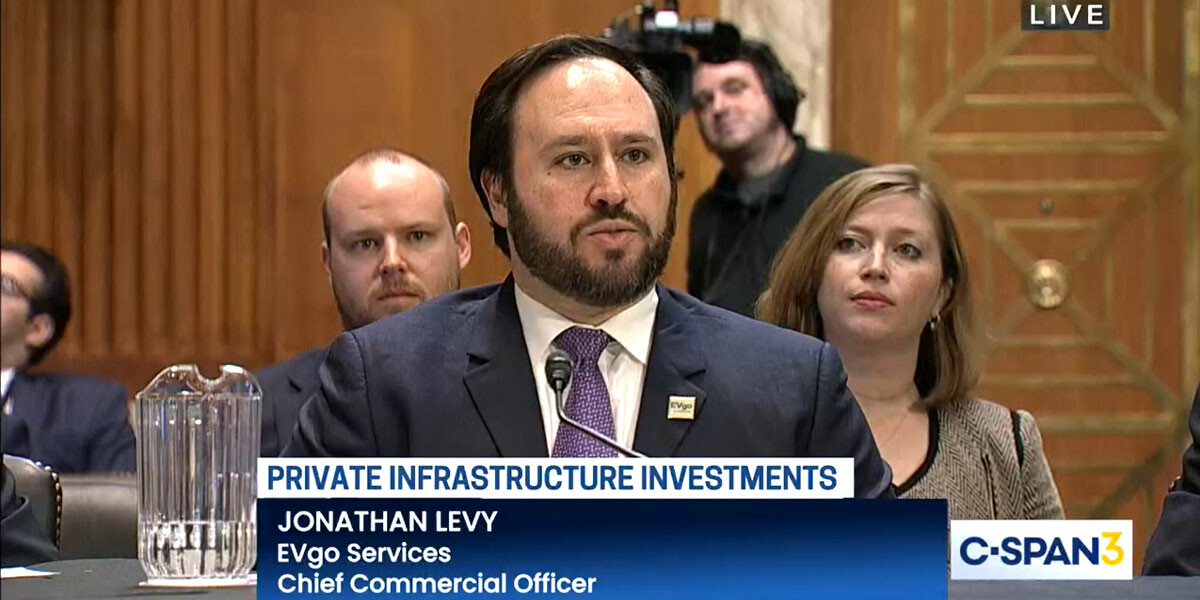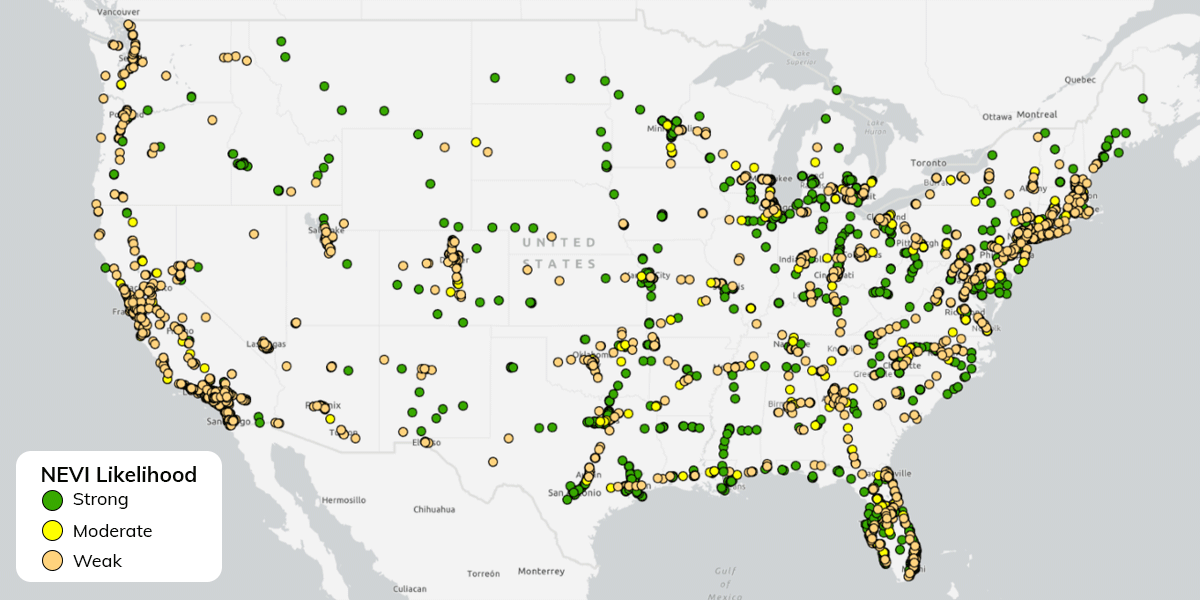Building EV Charging Infrastructure: Understanding NEVI's $7.5B Federal Funding Program
The National Electric Vehicle Infrastructure (NEVI) program offers substantial federal funding for building EV charging stations across America. Here's what potential charging station owners need to know:
Key NEVI Funding Components:
- Up to 80% cost coverage for fast charger ownership and operation
- $5 Billion in Formula Funding for state DOTs
- $2.5 Billion in Discretionary Funding for state/local governments
- Total funding could support over 10,000 fast charging locations
Phase 1 - Corridor Funding:
- Focuses on charging stations within one mile of interstate corridors
- Requires four 150kW fast chargers every 50 miles
- Competitive programs beginning January 2023
- States evaluate based on amenities, accessibility, and capacity

Man speaking at podium
Phase 2 - Community Charging:
- Begins after corridor buildout completion
- Flexible state-administered funding
- Focus on state highways, suburban and urban locations
- Timeline varies by state

US electric vehicle charging station locations
Timeline and Requirements:
- Federal Standards Release: Expected January 2023
- State Applications: Due Q1 2023
- Award Announcements: Q2/Q3 2023
- Corridor Buildout: Q3 2023+
- Phase 2 Implementation: 2024 and beyond
Application Requirements:
- Detailed site budget
- Experience statements and personnel bios
- Equipment specifications
- Utility coordination documentation
- Site layouts and designs
Cost Considerations:
- Minimally compliant NEVI charging site: $500,000 - $750,000
- Includes equipment, installation, and electrical upgrades
- Operational costs may be partially covered
Eligibility is primarily based on location proximity to designated corridors and ability to meet technical requirements. Successful applications require thorough planning, technical expertise, and compliance with federal and state guidelines.
Related Articles
Vesco Clean Energy and EV Connect Partner to Expand EV Charging Network Across Midwest

